Zinc Benefits for Men
Learn how zinc impacts vital aspects of men's well-being, from fertility and sperm quality to immune defense and muscle recovery. Find out the best food sources and when supplements may be needed.
Advertiser Disclosure: We independently select all the products. If you click through links we provide, we may earn a commission.

Zinc is an essential mineral that supports hundreds of enzyme reactions in the body, making it crucial for overall health. It’s found in all tissues but concentrated in muscle, bone and prostate.
Men especially rely on zinc for key functions – from hormone balance to immunity – so ensuring adequate zinc is vital.
This article will explore zinc’s roles and benefits in men, where to get it, and how to use supplements safely.
Why Men Need Zinc
Zinc is involved in many biological processes. Key functions include:
- Hormone & growth support: Zinc is a cofactor for enzymes involved in testosterone and growth hormone production. Adequate zinc helps maintain healthy testosterone levels and reproductive function.
- Immune function: Zinc is critical for immune cell development and signaling. It supports both innate and adaptive immunity, helping the body fight infections and reduce inflammation.
- Protein/DNA synthesis & repair: Zinc is required for DNA replication and protein synthesis, underpinning normal growth, muscle repair, and wound healing.
- Antioxidant defenses: As a component of antioxidant enzymes (like superoxide dismutase), zinc protects cells from oxidative stress.
Together, these roles make zinc a must-have nutrient for men’s health, supporting everything from muscle strength to fertility.
Main Benefits of Zinc for Men
 Benefits of Zinc for Men
Benefits of Zinc for Men
Supports Immune Health
Zinc is crucial for immune defenses. It helps activate T-lymphocytes and other immune cells, and regulates inflammation. Studies confirm zinc’s immune-boosting effects: for example, taking zinc lozenges at the onset of a cold can shorten its duration.
Zinc deficiency impairs white blood cell function, while maintaining adequate zinc optimizes infection resistance. In short, men with enough zinc tend to recover faster from colds and flu and fight off pathogens more effectively.
Promotes Testosterone and Reproductive Health
Zinc is intimately tied to male reproductive hormones. Clinical data show that low zinc lowers testosterone and supplementation can raise it in deficient men. A systematic review concluded,
zinc deficiency reduces testosterone levels and zinc supplementation improves testosterone levels
In practical terms, men who supplement zinc often see improvements in libido and energy.
Zinc is an unsung hero when it comes to men's health. It's not just about immunity; it's critical for healthy testosterone production, which impacts everything from energy levels and libido to muscle mass and even mood. Dr. Mark Hyman
Zinc also directly supports sperm health. It’s needed for spermatogenesis (sperm production) and influences sperm count, motility and morphology. Research in infertile men found low seminal zinc impairs sperm quality, while zinc supplements improved sperm motility and count.
Thus, zinc plays a protective role in fertility – deficiency can contribute to impotence or poor semen parameters, whereas adequate zinc fosters normal sperm function.
Aids Muscle Growth and Physical Performance
Zinc helps muscle growth and workout recovery. It is involved in muscle cell activation, proliferation and regeneration. In fact, skeletal muscle demands zinc for repair after exercise. One study found that severely low zinc intake in athletes led to dramatic drops in aerobic capacity and enzyme activity.
Conversely, ensuring 12–15 mg/day (slightly above standard RDA) was “adequate for peak performance”.
In practice, men who train hard (and lose zinc via sweat) benefit from meeting or slightly exceeding RDA to support protein synthesis and prevent chronic fatigue.
Supports Prostate Health
The prostate accumulates zinc and uses it to regulate cell growth. Healthy prostate cells have high zinc levels, which help keep citrate in fluid and trigger abnormal cell death. Research shows that in prostate disease (BPH or cancer), zinc homeostasis is disrupted.
Importantly, zinc has a protective effect: it “prevents the malignant transformation of normal prostate tissue by blocking citric acid oxidation, inducing apoptosis, and exhibiting antioxidant activity”.
In other words, adequate zinc helps maintain normal prostate function and may slow the progression of prostate enlargement or cancer. (By contrast, very low zinc is often found in prostate cancer tissues.) Thus, men aiming to maintain prostate health should ensure they get enough zinc.
Improves Skin, Hair, and Wound Healing
Zinc’s role in skin and tissue repair is well established. It accelerates all phases of wound healing: promoting blood clotting and platelet aggregation, clearing away damaged tissue in inflammation, boosting keratinocyte (skin cell) migration, and regulating enzymes needed for remodeling skin nethealth.com.
Clinically, zinc creams or supplements are used for acne, eczema and ulcers. Zinc also has anti-inflammatory effects that benefit the skin and scalp.
While moderate evidence supports zinc use in acne and dermatitis, at minimum a zinc-rich diet helps maintain healthy skin and can prevent hair thinning. Severe zinc deficiency can cause dermatitis and hair loss, so meeting zinc needs helps men keep clear, healthy skin.
Supports Heart and Metabolic Health
Zinc contributes to heart health through multiple pathways. It is a cofactor for enzymes that regulate lipid and glucose metabolism, blood pressure and antioxidant defenses. Zinc deficiency is linked to insulin resistance and poor blood sugar control pmc.ncbi.nlm.nih.gov.
A recent review notes zinc acts in “insulin formation, release and storage,” helping regulate blood glucose levels. pmc.ncbi.nlm.nih.gov.
Adequate zinc has been shown to modestly improve glycemic biomarkers (fasting glucose, HOMA-IR and HbA1c) in people with or at risk of diabetes.
Similarly, zinc’s anti-inflammatory and antioxidant roles support vascular health. Low zinc promotes oxidative stress and endothelial dysfunction (key in atherosclerosis). pmc.ncbi.nlm.nih.gov.
Zinc influences lipid profiles: supplements modestly improve HDL and lower LDL in some studies. Overall, observational data suggest higher zinc status is associated with lower risk of hypertension and coronary heart disease.
Inflammatory markers like C-reactive protein also tend to be lower when zinc is adequate. Thus, by aiding glucose control and quelling oxidative stress, zinc indirectly supports cardiovascular and metabolic well-being. pmc.ncbi.nlm.nih.gov.
Signs of Zinc Deficiency in Men
Men with insufficient zinc can experience a range of symptoms. Common signs include:
- Hair loss or thinning; brittle nails.
- Poor immunity: frequent colds or infections, prolonged illness.
- Slow wound healing and skin problems (rashes, eczema).
- Loss of appetite, taste or smell; weight loss.
- Diarrhea and GI upset.
- Fatigue, mood changes, and cognitive difficulties.
- Reproductive issues: low libido or impotence, delayed sexual maturation in youth.
- Impaired growth or delayed recovery from illness.
These symptoms occur because zinc is vital for skin and immune cells. For example, one Australian health source notes that zinc deficiency can cause hair loss, more infections than usual, and wounds that take a long time to health.
In severe cases (or long-term shortfall), men can develop sexual dysfunction or even hypogonadism.
Zinc deficiency often has multiple causes in men: poor diet (especially low meat intake), gastrointestinal malabsorption (e.g. Crohn’s), chronic alcoholism, or high exercise/sweat losses. Vegetarians also face higher risk due to lower zinc absorption from plant foods.
How Much Zinc Do Men Need?
How much zinc should you take daily is a bit of a tricky question. The recommended daily allowance (RDA) for zinc varies depending on factors such as age, gender, and specific health conditions.
- Adult men (19+ years): ~11 mg/day (US RDA). UK guidelines are similar (≈9.5 mg/day).
- Athletes & heavy exercisers: May need more (around 12–15 mg/day) to compensate for losses.
- Vegetarians: Should aim 50% higher intake, since phytates in plants inhibit absorption.
- Upper intake: Do not exceed ~40 mg/day (US Tolerable Upper Level) (UK advice is ≤25 mg/day).
In practice, most men meet their needs via diet. Athletes, vegetarians, older men or those with health issues should be mindful of intake. If diet is poor, a daily supplement (around 15–30 mg) can help, but one should not exceed the upper limit.
According to Pouyan Golshani -Interventional Radiologist
For active men or athletes, zinc plays a critical role in testosterone synthesis, immune resilience, and muscle repair. The general daily requirement for adult men is around 11 mg per day, but those with high physical output, frequent sweating, or restrictive diets may benefit from 15-25 mg daily under supervision. Excess zinc, however, does not translate into higher performance—it can actually disrupt mineral balance.
Food Sources of Zinc
Zinc is abundant in many foods, particularly animal-based sources. Top sources include:
- Oysters: By far the richest source (about 32 mg per 3 oz serving). Eating a few oysters covers the entire daily need.
- Red meat (beef, lamb, pork): A typical 3 oz serving provides 2–5 mg (e.g. roasted beef ~3.8 mg). These meats contribute ~20% of average zinc intake in many diets.
- Poultry: Chicken and turkey provide about 1–3 mg per serving.
- Seafood: Crab, lobster, and shrimp are good sources (2–3 mg per 3 oz), less than oysters but still valuable.
- Dairy: Cheese and milk contain modest zinc (~1 mg per serving). Yogurt and cheddar cheese have small amounts.
- Legumes, nuts and seeds: Beans, lentils, chickpeas and peanuts each have ~1–2 mg per serving. Pumpkin, hemp or sesame seeds also supply ~1–2 mg.
- Whole grains: Oats, fortified cereals and whole wheat bread have zinc, though amounts vary (around 1 mg per cup cooked oats.
Note that plant sources are less bioavailable: phytates (in grains and legumes) bind zinc and reduce absorption. So while beans and nuts add to intake, the body may absorb only 20–40% of that zinc.
So vegetarians should include more zinc-rich plant foods or take supplements. Animal foods (meat, seafood) not only supply more zinc per serving but also enhance absorption.
Check out this YouTube video by Dr. Ken D. Berry, where he discusses foods rich in zinc and their benefits.
Zinc Supplements: Types and Considerations
Zinc pills can bridge gaps when food alone does not provide enough. Standard forms come as gluconate, sulfate, citrate, acetate, picolinate, and chelated types linked with amino acids. Your body takes in these forms at different rates based on their makeup.
Research confirms citrate and gluconate versions work better than oxide forms for uptake. Most throat drops use gluconate or acetate forms because they absorb well.
Pick a form that your body can use well like picolinate or citrate options. Take these with meals to avoid stomach pain or upset feelings. Most men who eat varied diets do not need daily zinc pills though. Never use nasal sprays or gels that contain zinc in your nose.
Health experts warn that nose sprays with zinc can steal your sense of smell forever. Pills, liquid forms, and tablets stay safe when you use them right.
You need zinc pills if tests show you lack this mineral in your body. Strict plant eaters and people with gut problems that block mineral uptake also benefit. Men often take 15 to 30 mg each day for health protection, often mixed with copper.
Safety, Dosage, and Side Effects
Zinc pills work safely when you use proper amounts each day. The safe upper limit sits at 40 mg daily for grown adults. UK health groups suggest staying under 25 mg per day for best results. Taking too much zinc for long periods brings unwanted health problems to your body.
Too much zinc can make you sick with stomach pain, loose stools, and throwing up. High doses taken for months can mess with how your body uses copper and iron. This leads to copper loss that causes blood problems and nerve damage.
Most safety limits exist to stop copper depletion in your system. Watch for these signs if you take zinc and eat copper rich foods like nuts and green leaves.
Zinc can change how some drugs work in your body like germ fighters and water pills. Space out when you take these or talk with your doctor about timing.
Taking up to 11 mg from food plus 30 mg from pills stays safe for most men. Skip mega doses and never put zinc in your nose for any reason.
Conclusion
Zinc works as a vital nutrient that supports many body functions in men every day. Your immune system, hormones, muscles, and metabolism all depend on steady zinc levels to work right.
Foods like shellfish, meat, nuts, and beans provide zinc in forms your body can use well. Men should eat varied diets with zinc rich foods as their first choice for this mineral.
Those at risk like athletes, plant eaters, older men, or people with poor diets might need daily pills. Meeting your zinc needs through food or careful supplementation keeps testosterone levels healthy and helps you recover from illness faster. This mineral also supports long term prostate and heart health when used the right way.
Smart zinc use gives you a simple tool to boost your overall health and energy levels. Take charge of your wellness by making sure you get enough zinc each day through smart food choices or moderate supplementation when needed.



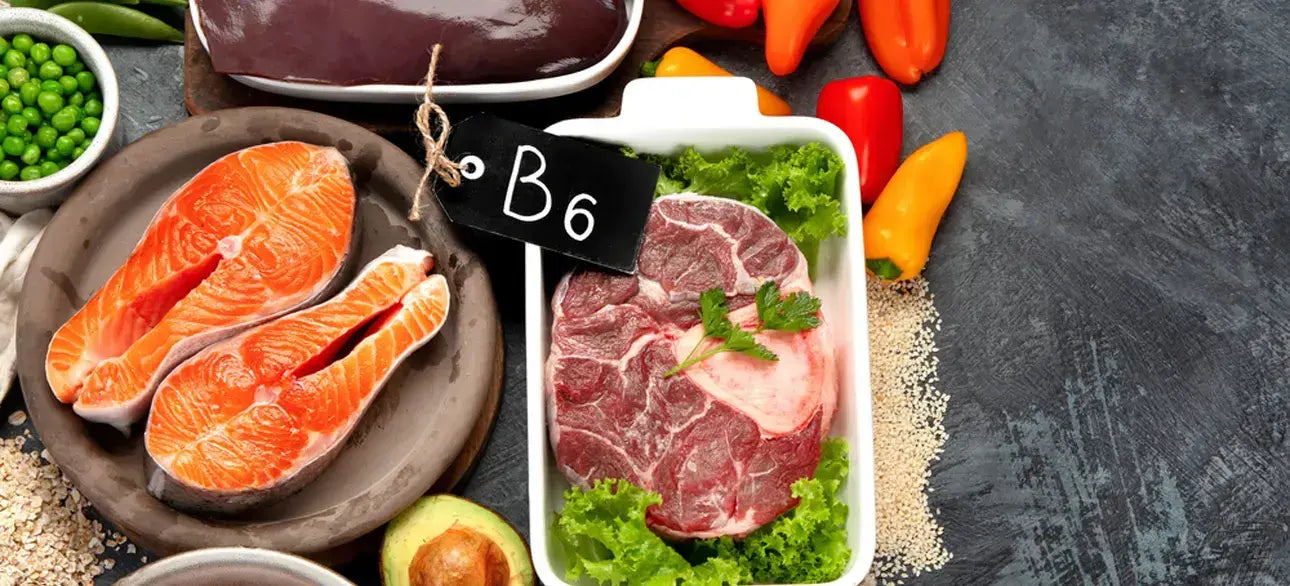










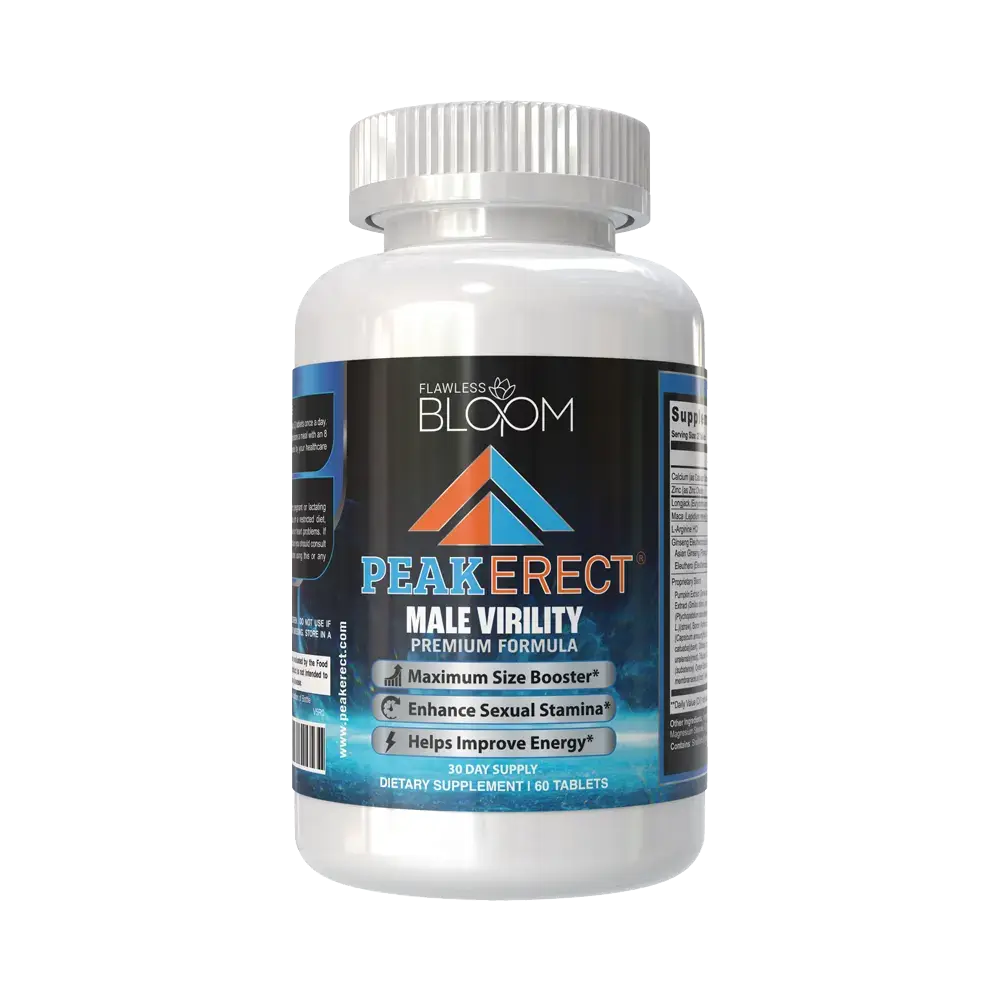
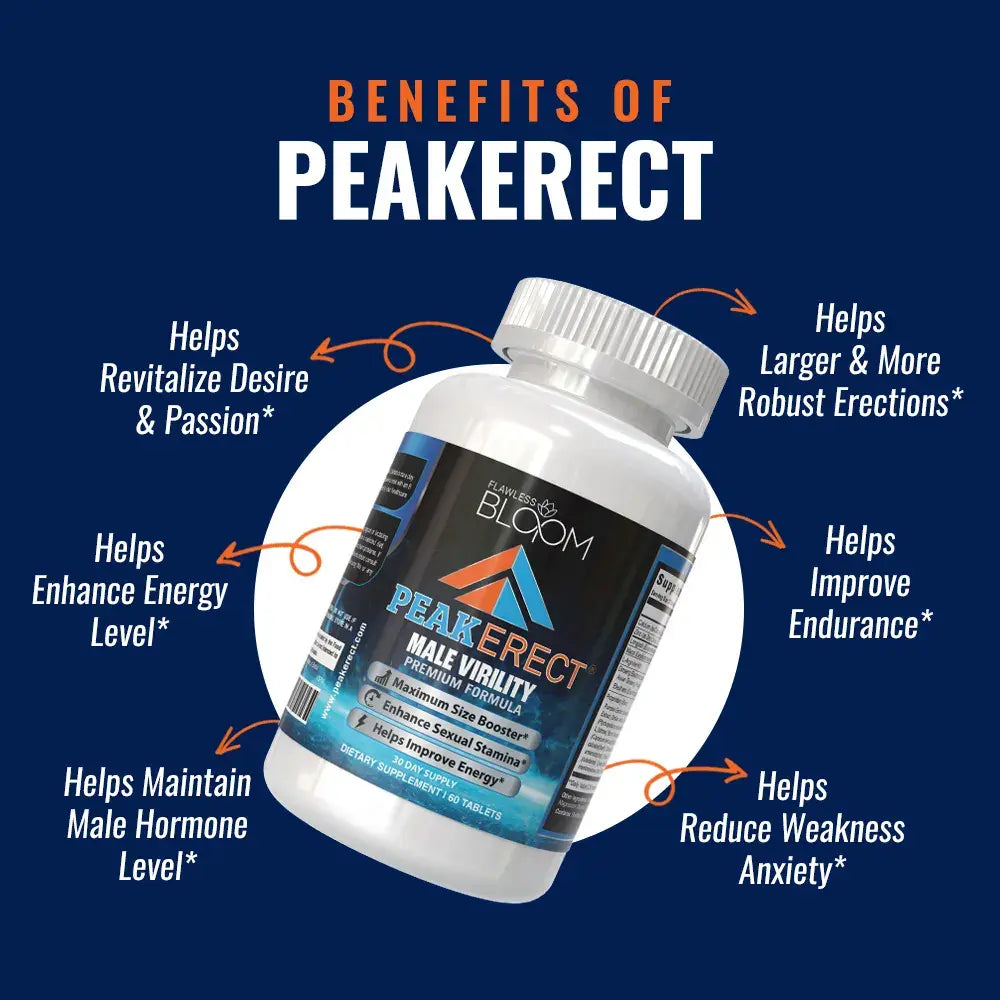
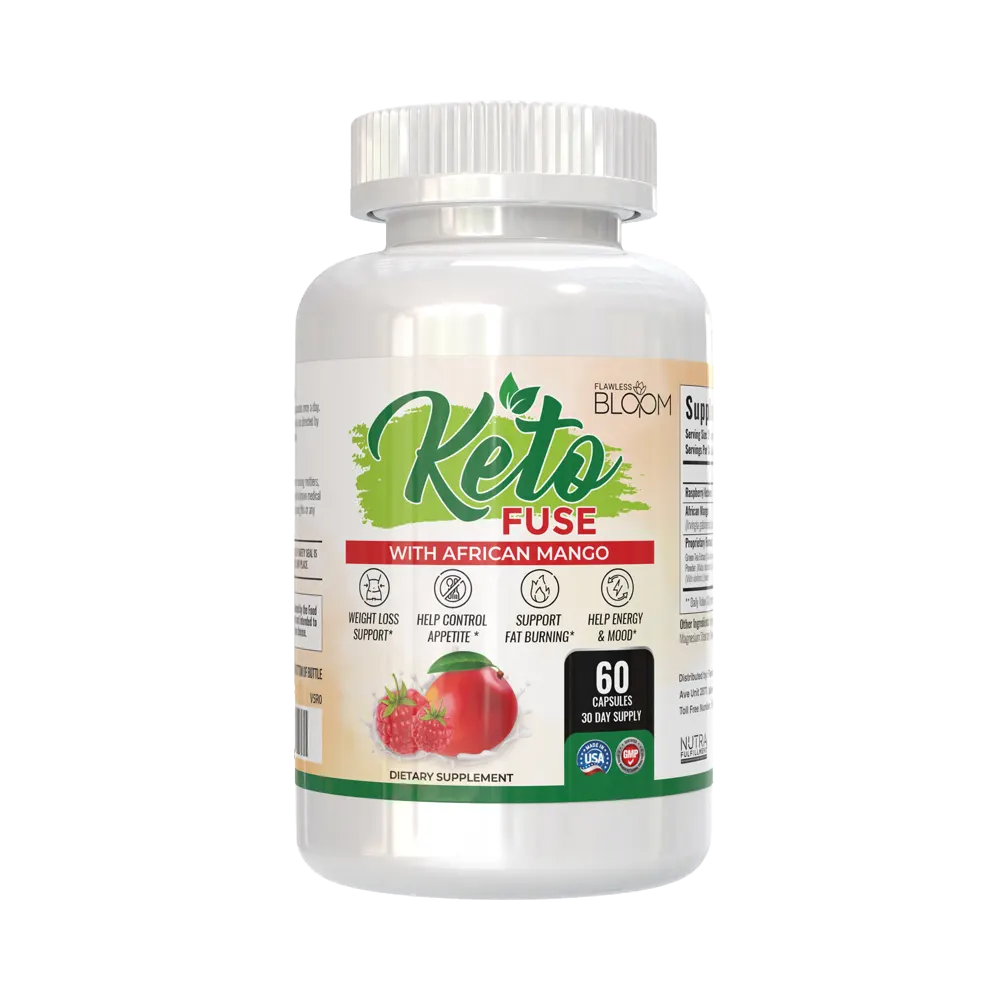
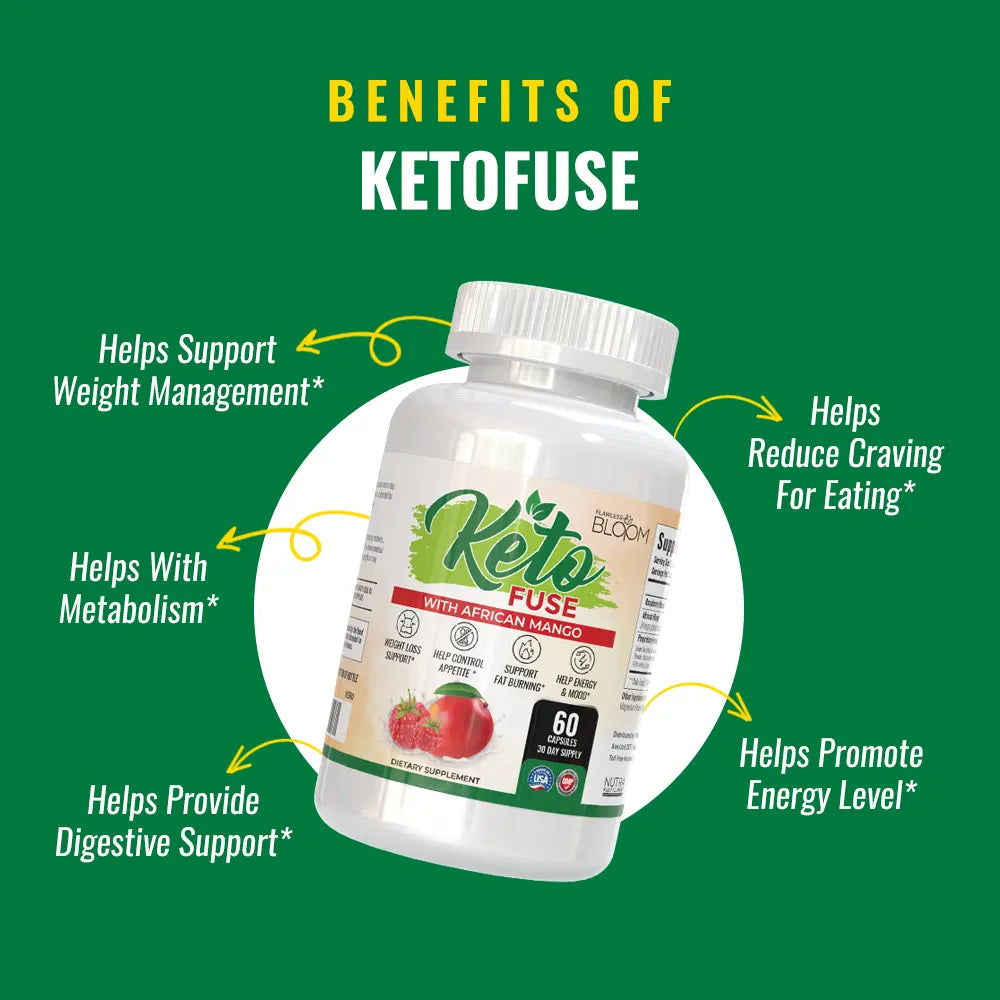
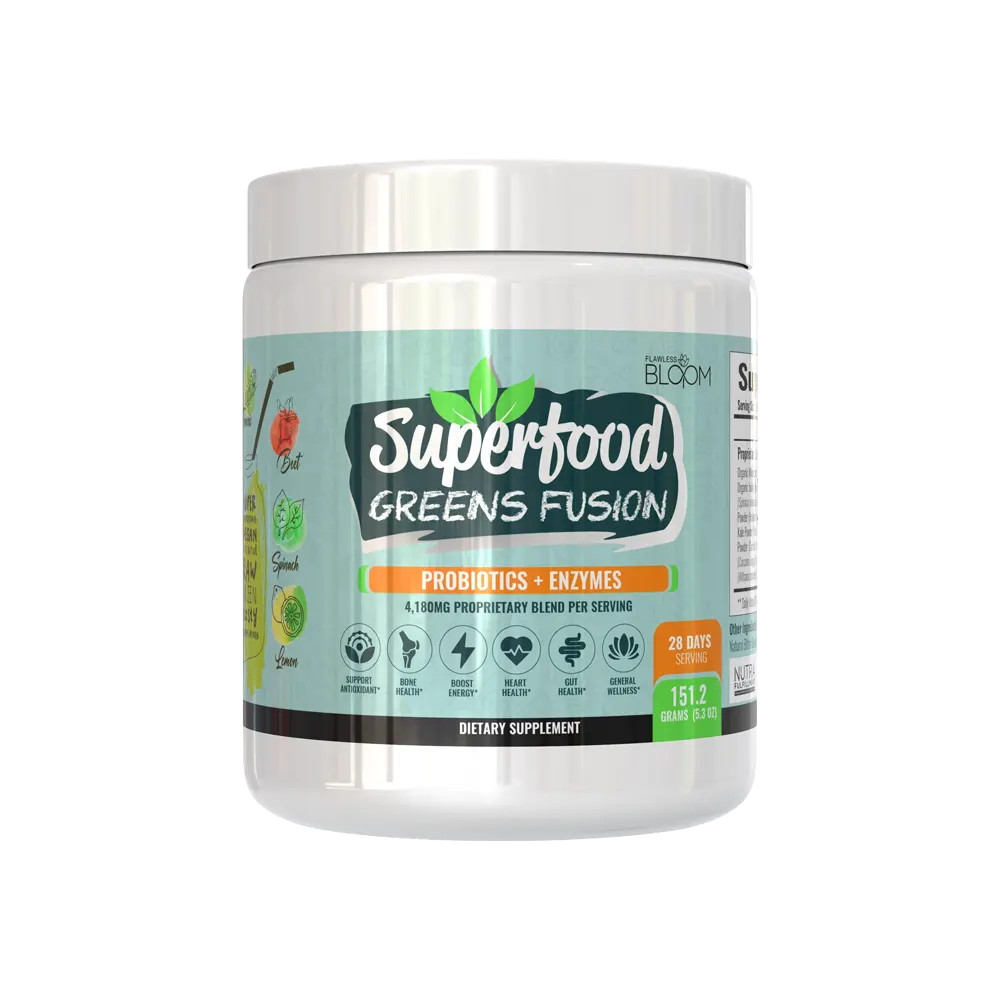
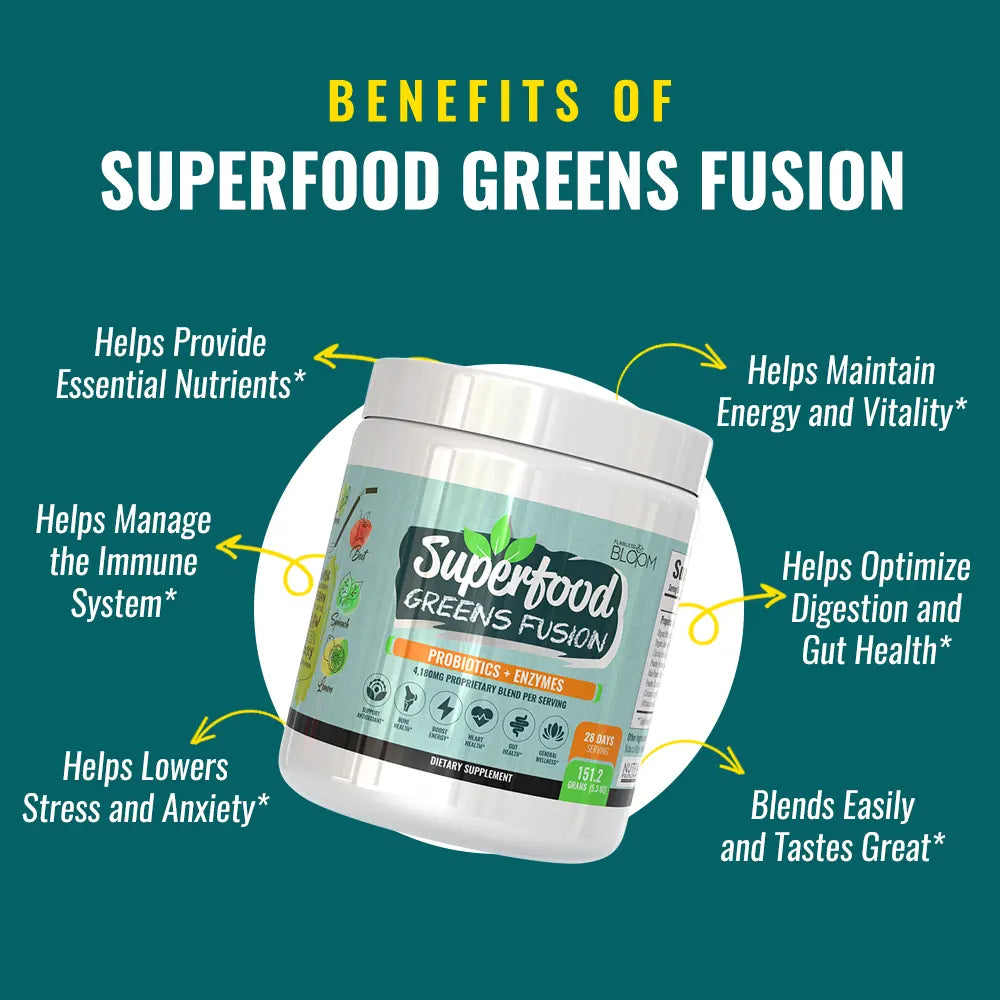
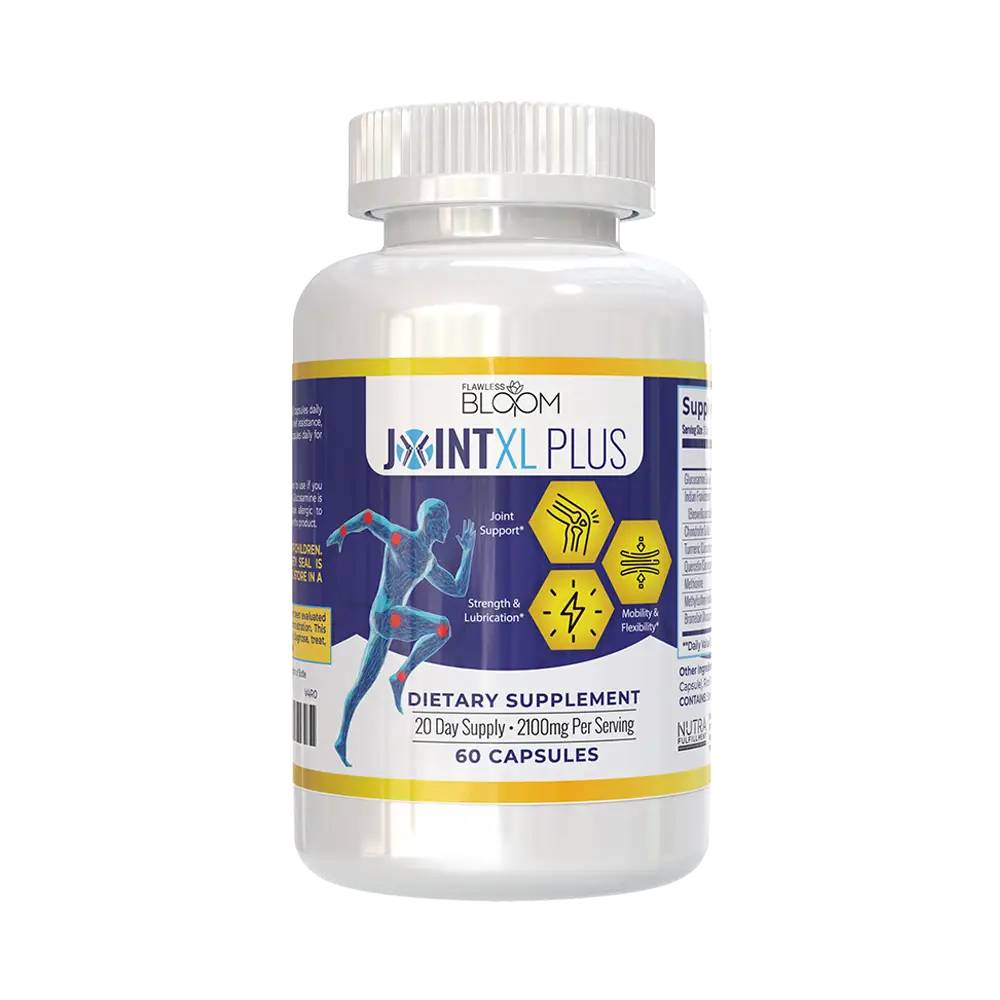
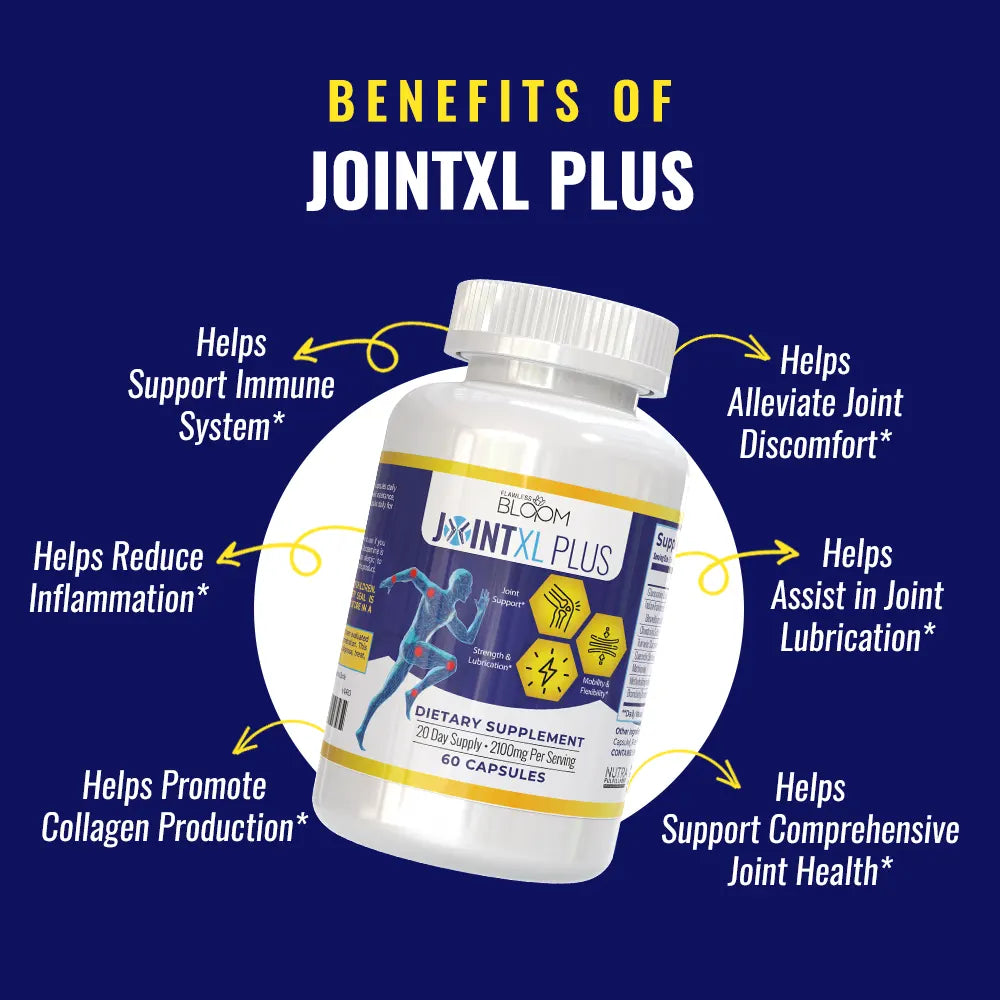
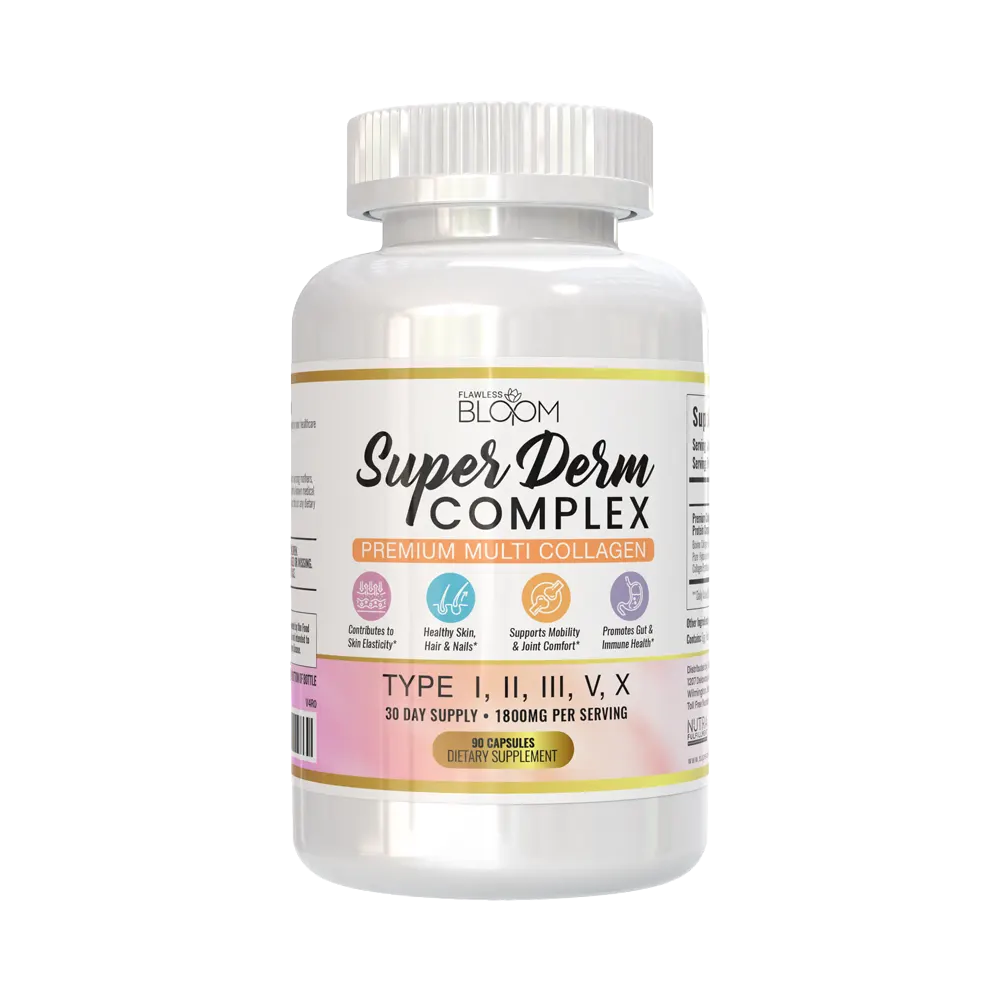
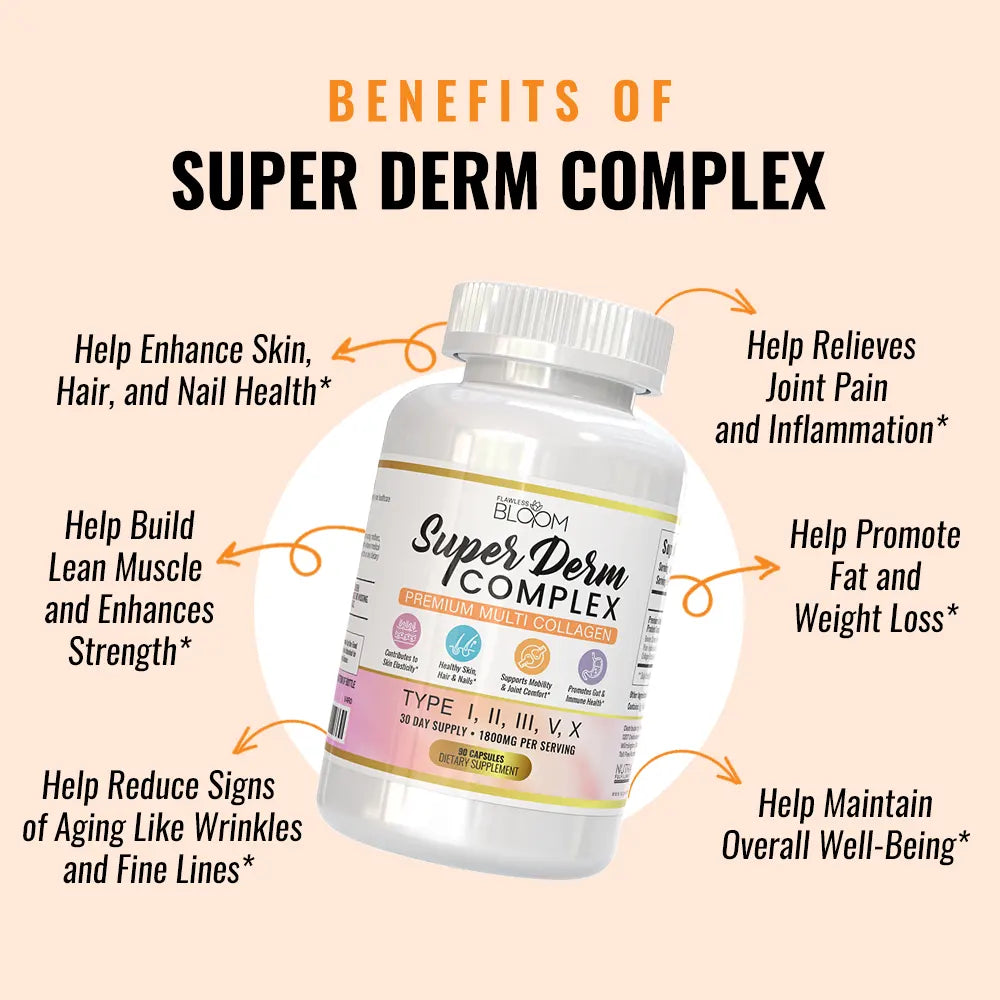
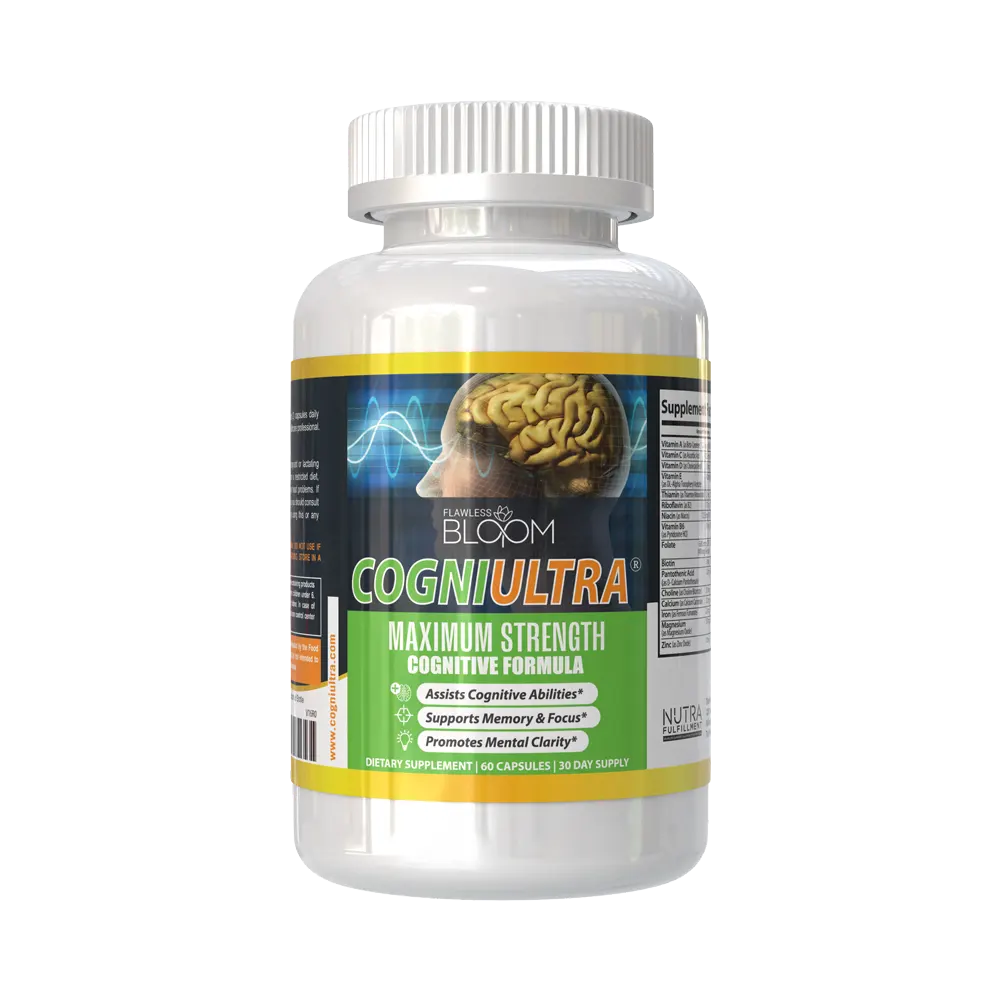
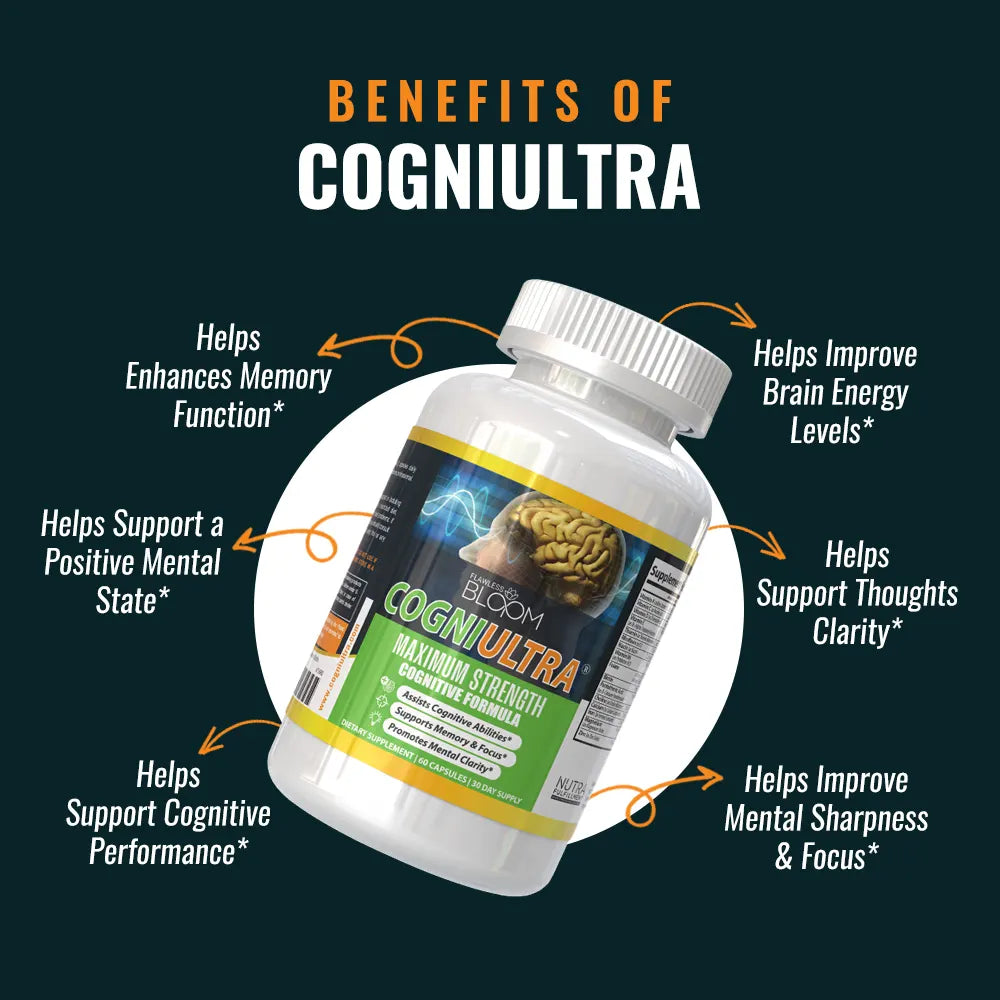
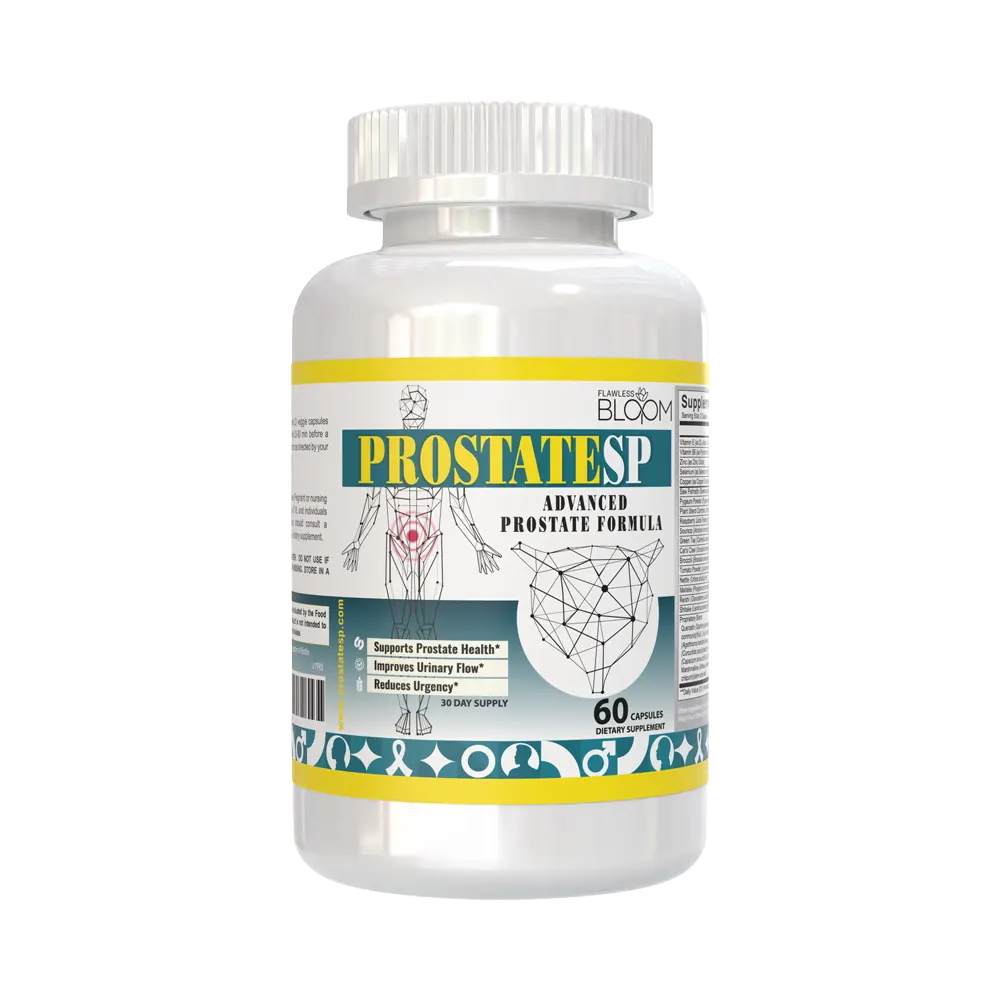
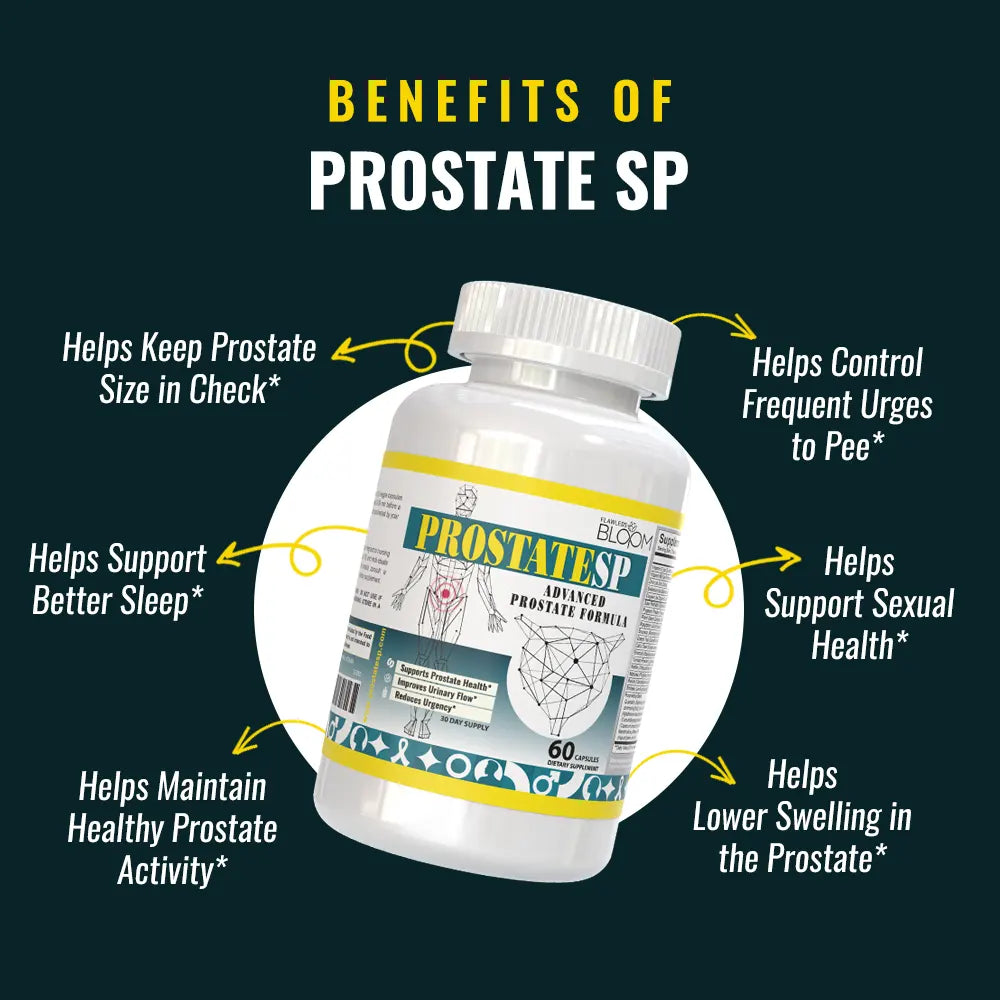
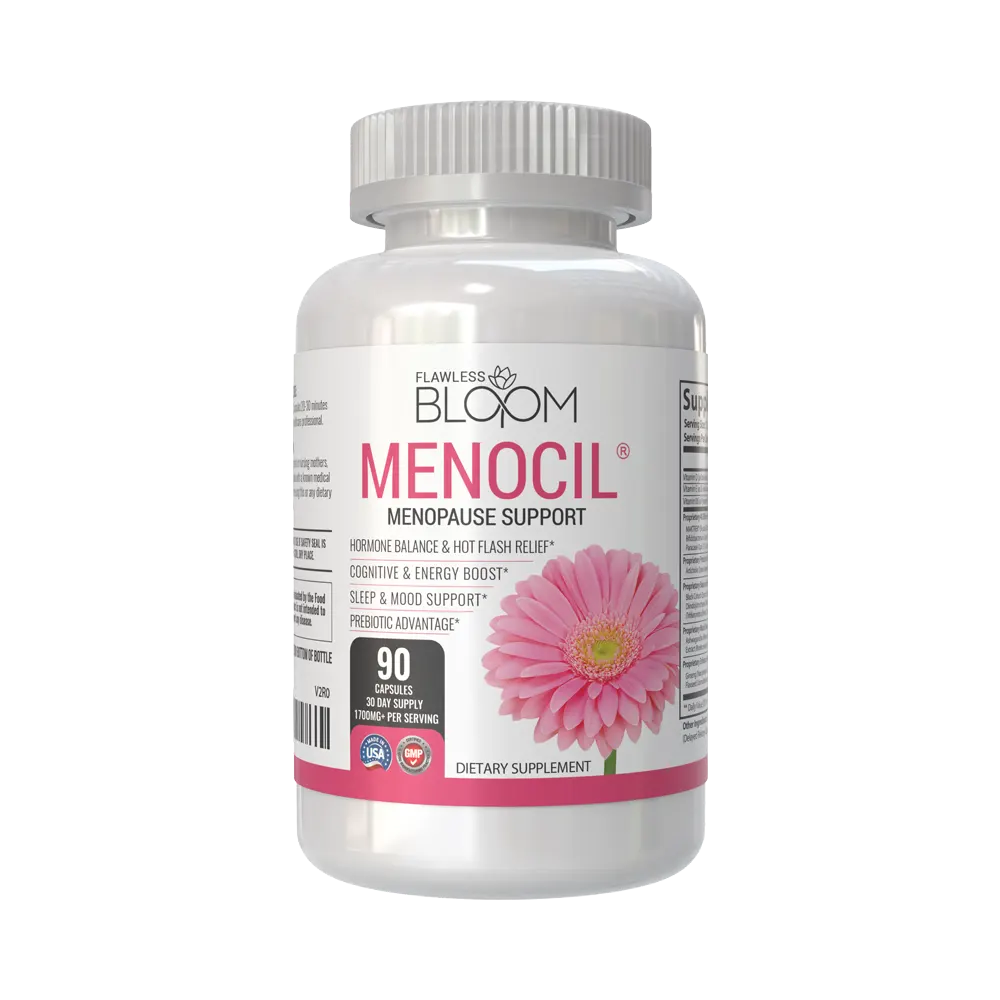
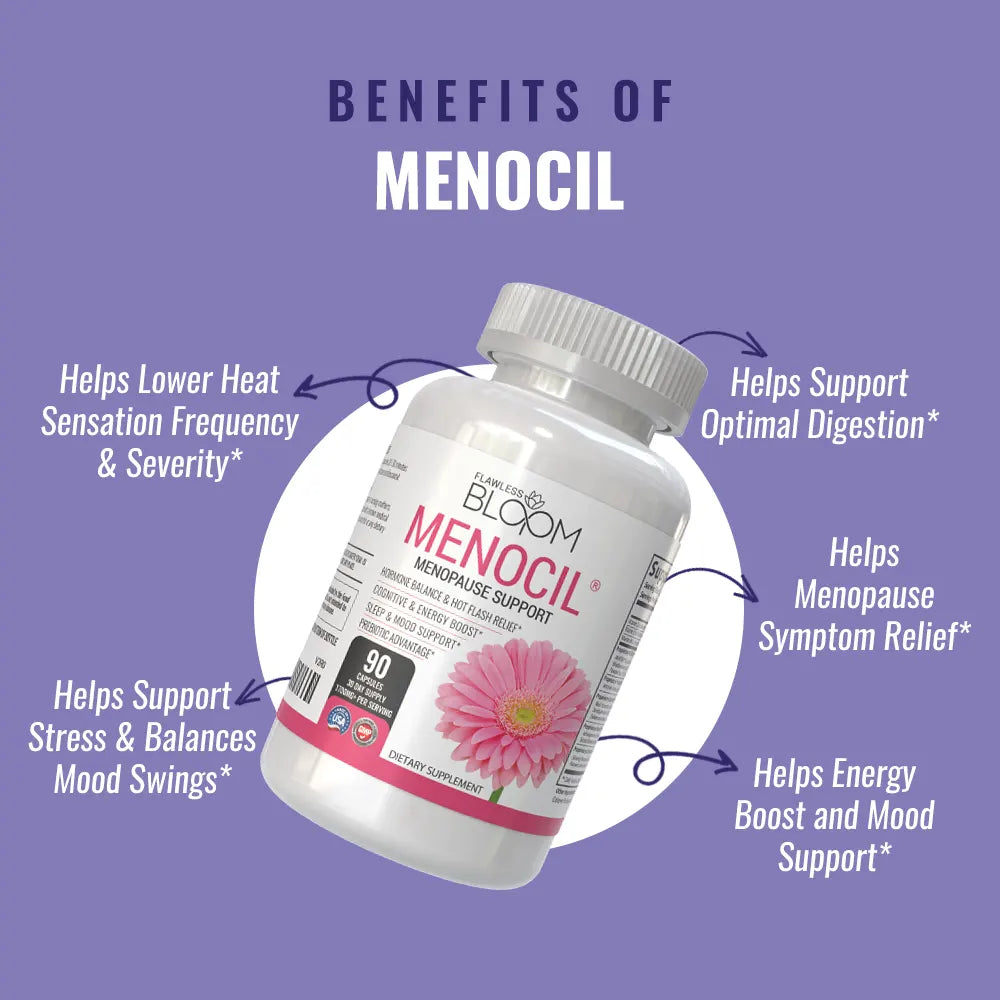
1 commentaire
After taking zinc supplements, my workouts feel more productive, and my muscle recovery is on point. Highly recommend it for anyone looking to enhance performance!